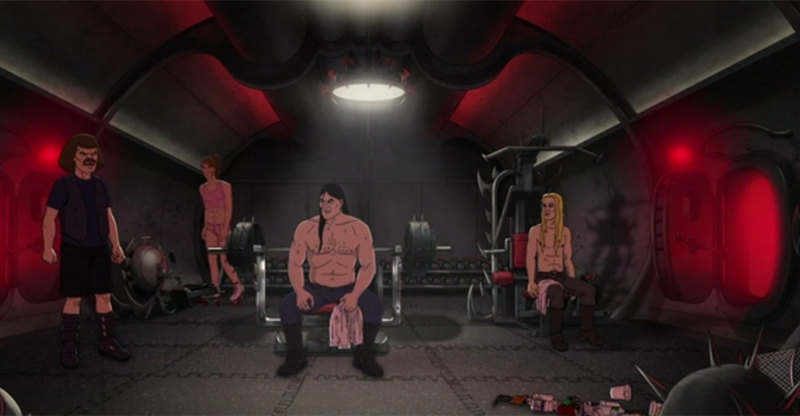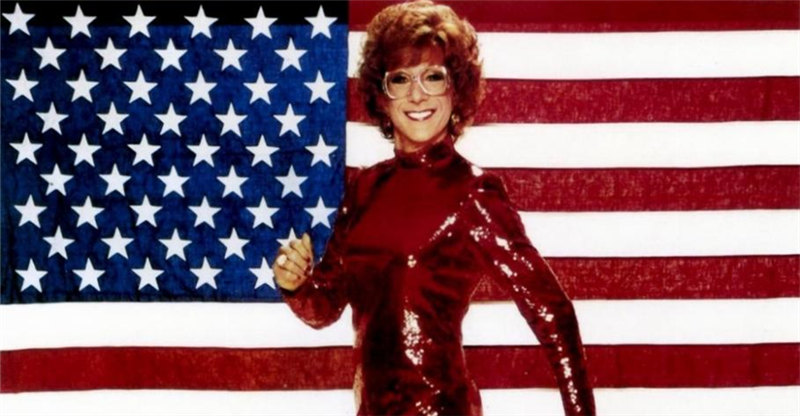Is there anyone on the planet who hasn’t heard of Bob Marley? Or heard at least one of the Jamaican reggae legend’s songs? His greatest hits album, “Legend” (1984)—released three years after his death by melanoma at the young age of 36—is the biggest selling reggae album of all-time. As the rhythm guitar player and lead vocalist for The Wailers, Marley was most responsible for popularizing reggae and spreading the Rastafari message. His music gained traction in America when former Cream guitarist Eric Clapton covered “I Shot the Sheriff” in 1974.
In 1980, Marley performed at the Independence Concert in Zimbabwe, and for his 11-year-old son, Ziggy, who was with him onstage, it was a life-changing experience. “It shaped my thoughts of Africa and knowledge of African struggles,” said the younger Marley, who made his recording debut in 1979 with siblings Cedella, Stephen and Sharon on their father’s song, “Children Playing in the Streets.”
Thirty years later, Ziggy Marley, a five-time Emmy winner and reggae icon, got the idea to perform a free concert in Africa and explore Africa on motorcycle with his brothers in order to get in touch with their African roots and reaffirm their father’s vision. “What we’re trying to do is keep one of the dreams that my father and the forefathers of African liberation had in mind, which is for real African unity,” Ziggy said. “Everything, I just wanted to be like my father. And, as I grew within the music, I kind of became myself, which was even more like my father, only without me trying.”
Though “Marley Africa Road Trip” is billed as a documentary, it aired in six parts on television and feels very much like a loosely structured reality show, with fly-on-the-wall filming and editing that aims to capture flavor and essence rather than being bound by a narrative arc or script. It feels like raw footage, with cameras always rolling. That’s good and bad, because you need to want to spend time with the Marleys as they talk with their director-documentarian and the countdown to Africa, then a countdown to concert day appear as subtitles.
“We are trying to perform a concert, for free, in Soweto, because I want to show my respect to Soweto and the struggle. We are trying to do it on our own, guerilla style. Reggae music is free music. Like my father said, ‘Nobody has ownership on it. It’s like oxygen, like the wind, like the rain.’”
But finding a venue turned out to be a difficult thing. Same with finding a promoter. No profit? No interest. But inspired by “Long Way Round” and Long Way Down,” David Alexanian’s production of Ewan McGregor’s motorcycle trips across the world, Ziggy approached Alexanian with his idea and the filmmaker was sold. So was Ducati, which donated four brand-new motorcycles to be used by the brothers and their director.
“I left Jamaica for a while, because as an artist I need to experience different things, see the world, have different energies. Living in one place is not good for me,” Ziggy once said. And this six-part TV documentary traces his 2010 adventure with brother Rohan (Marley Coffee), who’s billed as “The Entrepreneur,” and brother Robbie, called “The Ninja” because of his stunt motorcycle work—like riding on the FRONT wheel only.
The first installment is largely talk of the project, though Ziggy is so charismatic and prone to easy laughter that it’s easy to keep watching. But the raw footage is enhanced by Ziggy’s memories of his father and black-and-white video of Bob Marley performing. Once the brothers get to Africa shortly before South Africa hosted the World Cup, they have ride across Africa having animal encounters, teaching children how to play soccer (Bob Marley, we’re told, trained with Pelé and was a terrific player and fan of “football”), working with local musicians, and rehearsing for the concert—of which we see roughly 30 minutes at the end of the film.
The concert, the various encounters, and the brothers’ noble intentions notwithstanding, the heart of this documentary is the Marley family—including their seemingly ever-present father—and their lifestyles, attitudes, and beliefs.
After watching “Marley Africa Road Trip” I came away with an even greater respect for Bob Marley than I already had, and a better understanding of the message his boys seem so committed to spreading. And after vicariously “hanging” with Ziggy, Rohan, and Robbie, I found myself wishing I could spend a day with them in person—especially Ziggy, who exudes positive energy.
Total runtime is 299 minutes.
Video:
The video quality is superb. Without looking at the specs it’s easy to see that Alexanian used a digital camera, because even on DVD the amount of detail, the richness of color, and the impressive suggestion of depth are evident. “Marley Africa Road Trip” is presented in “enhanced” widescreen, which appears to be 1.78:1.
Audio:
The audio is a robust English Dolby Digital 5.1, with closed captions. Dialogue is crisp and clean, ambient sound is present but never “noisy,” and the musical presentations snap the rear speakers to attention. No complaints here.
Extras:
The only real bonus feature is a 17-minute “2011 Race to the Clouds” documentary featuring a handful of well-known motorcyclists who participate in Ducati’s Pike’s Peak International Hill Climb—included, obviously, because of Ducati’s generous support of “Marley Africa Road Trip.” Motorcycle enthusiasts should enjoy it, though.
Bottom Line:
This six-part documentary may play like a reality show, but the Marleys are far more interesting and fun than the wealthy or redneck families that the networks keep throwing at us. And their humanitarianism is genuine.


